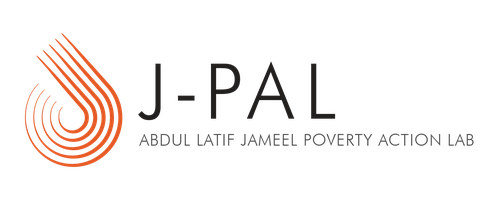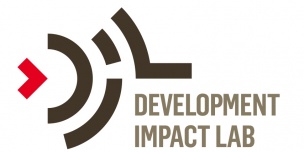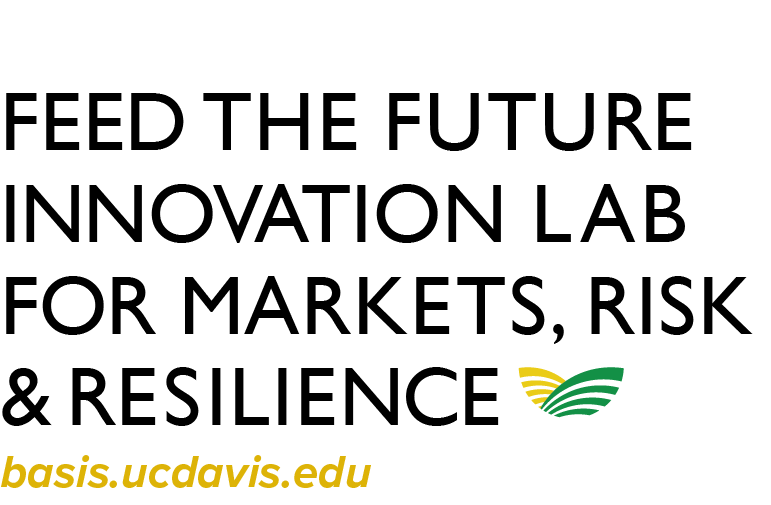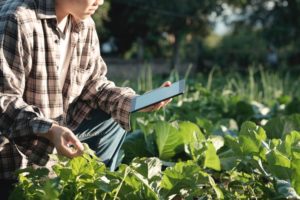Impact of Building Market Linkages in Uganda
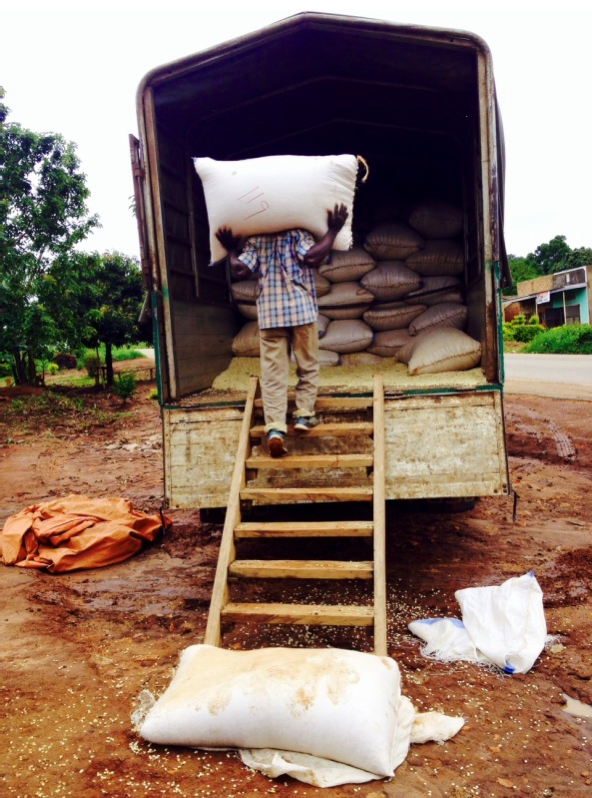
Kathryn MacAuley, project research associate at Innovations for Poverty Action
Mobile phone-based marketplaces are designed to enhance smallholder farmers’ ability to access buyers directly (creating “market linkages”). Can such a digital platform benefit smallholder farmer producers, by helping them sell their goods at better prices, and help consumers by improving the efficiency of food trade? Researchers carried out one of the largest market information experiments ever conducted to understand the impacts of such a digital marketplace in Uganda.
On Tuesday, November 9, the Agricultural Technology Adoption Initiative (ATAI), co-managed by the Center for Effective Global Action (CEGA) and Abdul Latif Jameel Poverty Action Lab (J-PAL), hosted a webinar to hear researcher Craig McIntosh (UC San Diego; ATAI Board Officer) present this important new evidence. The session was moderated by ATAI Board Member Richard Caldwell (Senior Program Officer of Monitoring, Learning and Evaluation at the Bill & Melinda Gates Foundation) to help draw out implications for policy and practice.
About the research
This ATAI-funded study, was conducted by Prof. McIntosh and Prof. Lauren Falcao Berquist (University of Michigan) in collaboration with AgriNet, a major food intermediary in Uganda, and Kudu, a digital food trading platform created by computer scientists at Makerere University. This highly-scalable mobile-based trading platform functions similarly to a digital auction-place, matching farmers and buyers based on price and distance, while also bulking nearby bids to encourage successful trades. To understand whether the platform could improve market integration and benefit farmers, the platform rollout was randomized across 110 sub-counties in northeast, western and Central Uganda, covering approximately 14% of the surface area of Uganda. Researchers partnered with Innovations for Poverty Action Uganda (IPA) to evaluate the extent to which the digital trading platform would facilitate trade by reducing search costs, easing credit constraints, or reducing contractual risks in agricultural markets.
Results from the study indicate the platform generated significant increases in revenues among the farmers most likely to use the platform who are larger-scale producers, whereas small-scale farmers find it difficult to reach the scale necessary to find buyers on the platform. However, the researchers conclude that such highly-scaleable mobile-based marketplaces are strongly cost-beneficial from an overall welfare perspective given low costs per-farmer. You can hear more and pose questions during the session, and find the details in their academic working paper.
The Agricultural Technology Adoption Initiative (ATAI), is co-managed by the Abdul Latif Jameel Poverty Action Lab (J-PAL) and Center for Effective Global Action (CEGA), with generous support from the Bill & Melinda Gates Foundation and the Foreign, Commonwealth and Development Office (FCDO). The mission of ATAI is to rigorously test programs that increase farmer welfare through the broader use of productive technologies and agricultural transformations in Sub-Saharan Africa and South Asia. See more on our website.
The Development Impact Lab (DIL) is headquartered at the University of California (UC) Berkeley, where it draws upon the innovative work and leadership of the Blum Center for Developing Economies and the Center for Effective Global Action (CEGA). With the support of U.S. Agency for International Development (USAID) and in collaboration with the U.S. Global Development Lab, DIL is formalizing the application of academic science and engineering disciplines to social and economic development. See more on our website.


